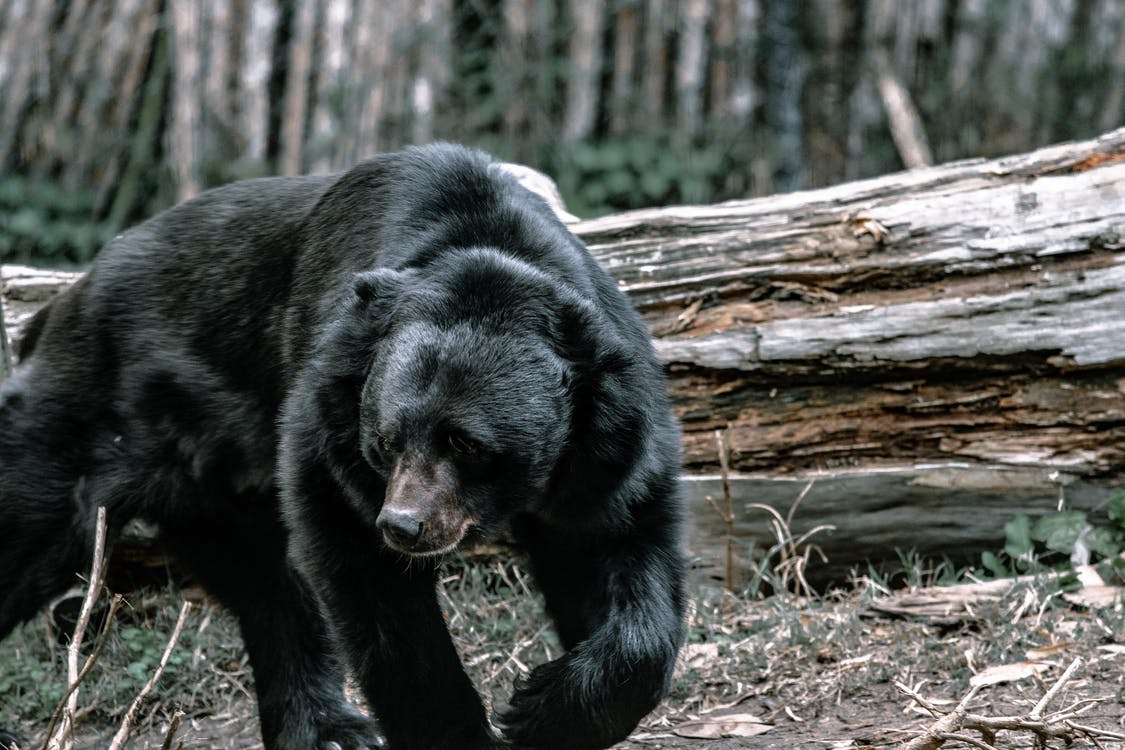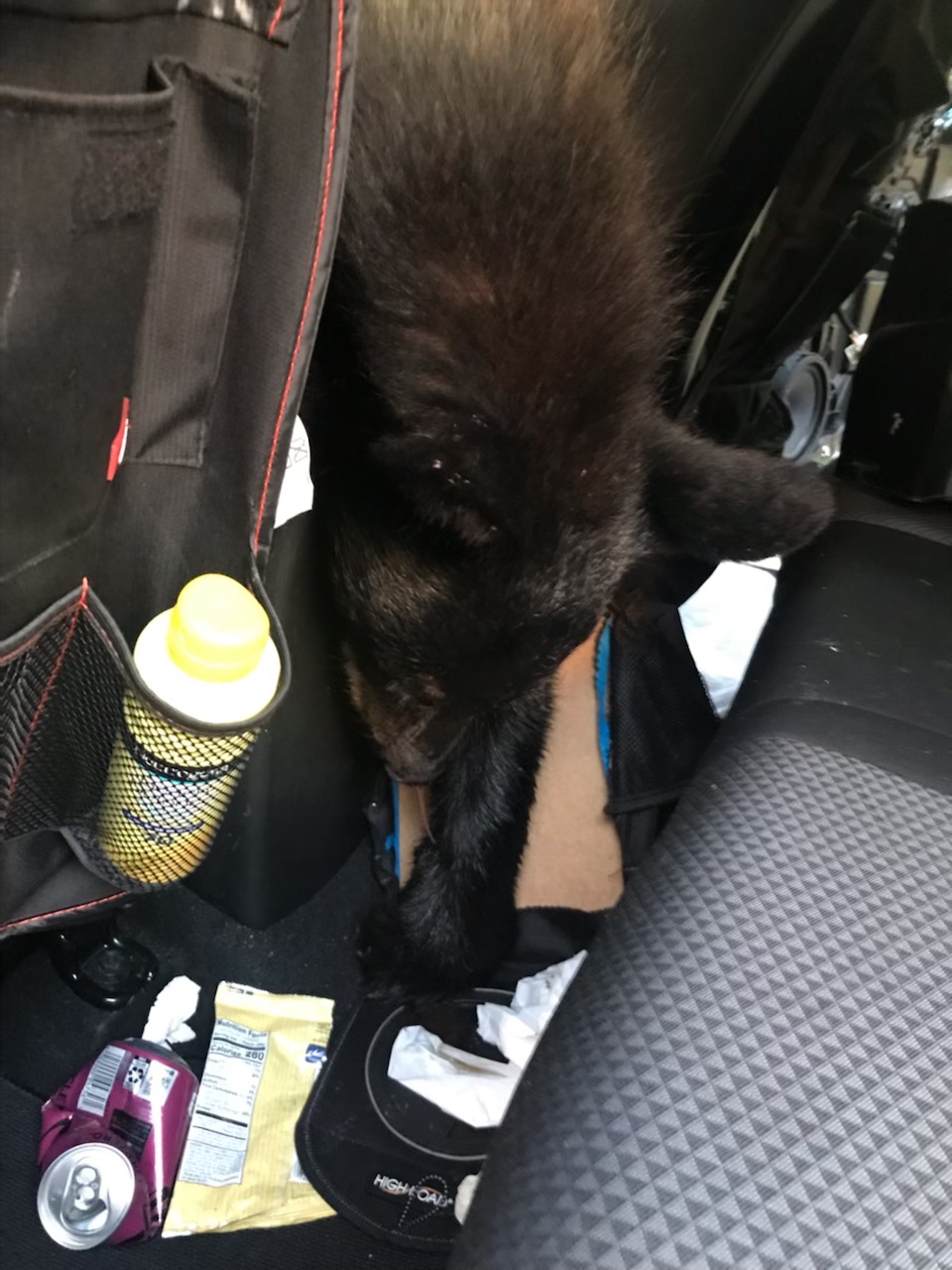
While authorities are reminding people to never leave behind children or pets in a car during the summer, it appears a black bear from the wild has died, after becoming trapped in a hot car last week. The incident occured at the Sevierville Rental Cabin in Tennessee, according to the Tennessee Wildlife Resources Agency (TWRA).

According to TWRA, a wildlife officer says that the car’s owner left the cabin in a different vehicle around 10 am and found the bear dead inside upon returning at 6:45 pm. It appears that the bear got inside the car by using its teeth or paws to open the unlocked door and was trapped inside after the door shut behind it. “We believe that heat likely killed the bear as outside temperatures exceeded 95 degrees yesterday meaning the vehicle’s interior possibly reached over 140 degrees,” TWRA shared in a statement.
While deaths of children in hot cars are well publicized, there isn’t a similar awareness of animal deaths in hot cars. According to NoHeatstroke.Org, the majority of hot car deaths, amounting to 54% of them, happen because someone forgets a child in a car. About 46% of the time a child was forgotten, the caregiver had planned to drop the child off at a care facility such as a daycare or preschool. Almost 75% of all children who are forgotten and die are under 2 years old.
In humans, heatstroke occurs when a person’s temperature exceeds 104 degrees F. At that point, the ability for a human to regulate their temperature and bodily functions fails. At first, symptoms of heatstroke include dizziness, disorientation, confusion, sluggishness, loss of consciousness, and rapid heartbeat. Once the body temperature climbs to 107 degrees or greater, internal organs begin to shut down and human cells are damaged. It is at this point death can quickly occur. This is especially true in children; small bodies can’t regulate body temperatures as efficiently as an adult’s; as such, a child’s body can warm 2-3 times faster than that of an adult.
The same is true of animals, where different animals and different sizes of those animals impact just how much heat they can deal with and the time in which their bodies can be subjected to extreme temperatures.
TWRA believes empty soda and food containers in the vehicle involved in the bear death bear some responsibility to the animal death. “Bears have noses 7 times better than a bloodhound and can smell even the faintest odor of food inside a vehicle,” TWRA said. “Lock your doors, roll up your windows, and never leave food or anything that smells like food inside! Empty food containers, candy wrappers, fast food bags, and even air fresheners can attract bears.”
